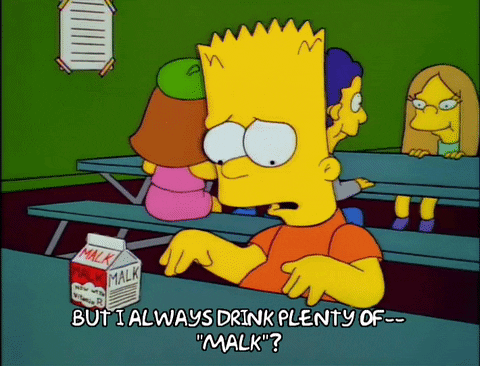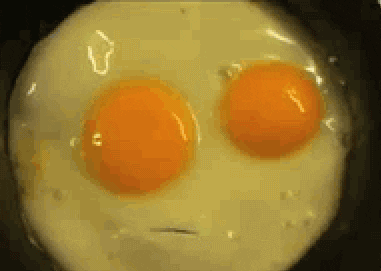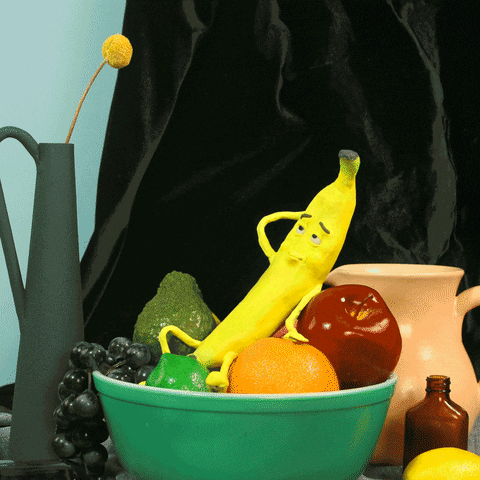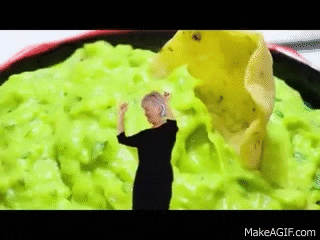
From juice cleanses to intermittent fasting and gluten-free diets - the 'healthy eating' space in 2021 is... A LOT.
It's crowded. Chaotic. Confusing as heck.
And as a new buzzy healthy food trend pops up almost every second day, the consensus on what is actually Good For You has just become more and more blurry.
Watch: Here are 7 tips to reduce bloating and puffiness. Post continues below.
That’s why we've poked around and had a good nosy into some of the biggest, most questionable 'healthy food' myths that you need to stop believing.
We spoke to skincare expert, nutritionist and founder of Vita-Sol Fiona Tuck, and asked her to tell us which healthy eating myths drive her absolutely bat s**t - and why they’re not true.
1. Gluten-free bread is healthier for you.
In case you haven't parked your cute little self in a Sydney cafe for a while, you might be surprised to know that for some simply unknown reason, gluten-free foods have become a really ~trendy~ thing.
Great news for people with celiac disease and gluten intolerance. Big win. But for those eliminating it from their diets just because their friend Becky who went on a Byron health retreat that one time said it was healthier, not so much.









